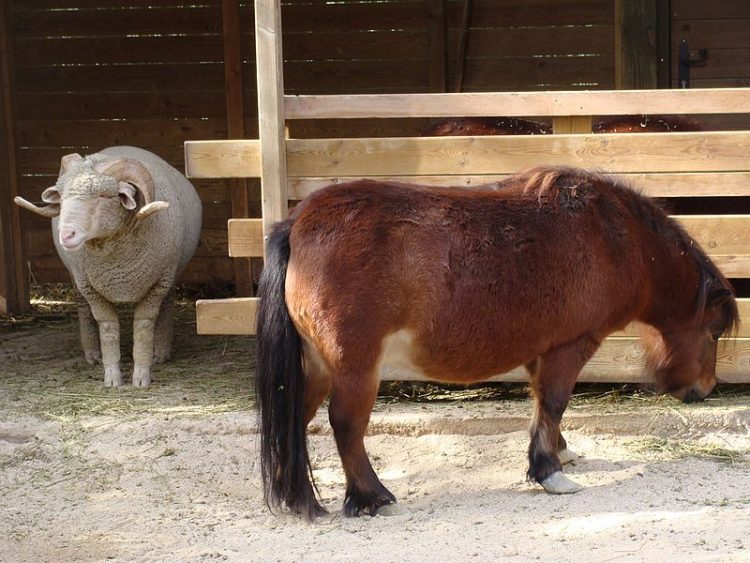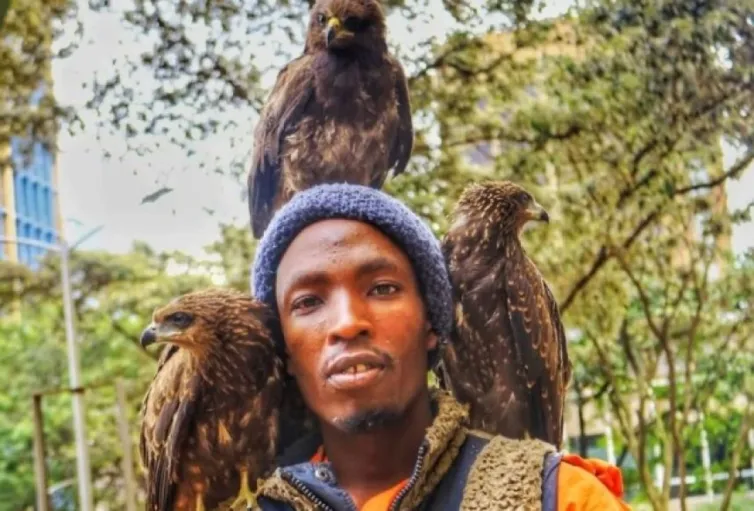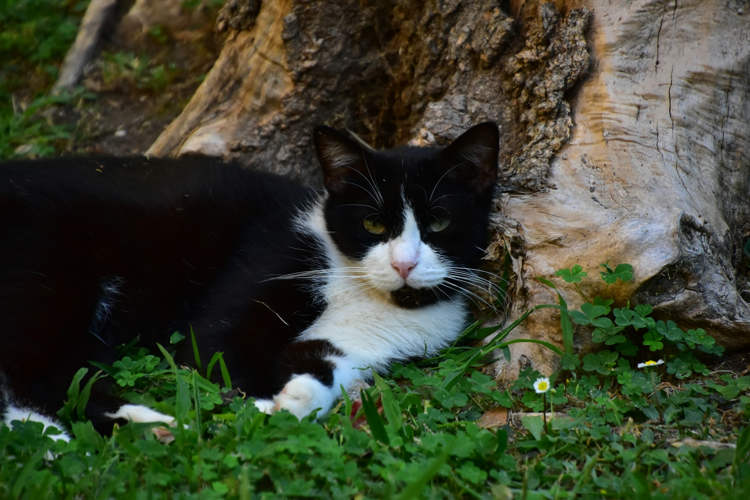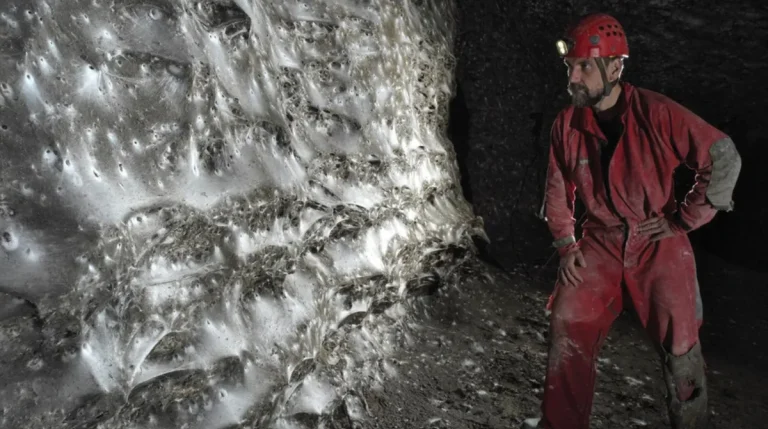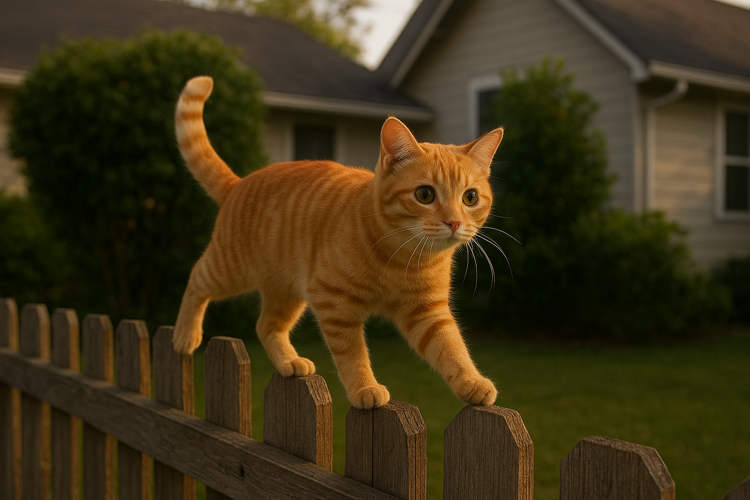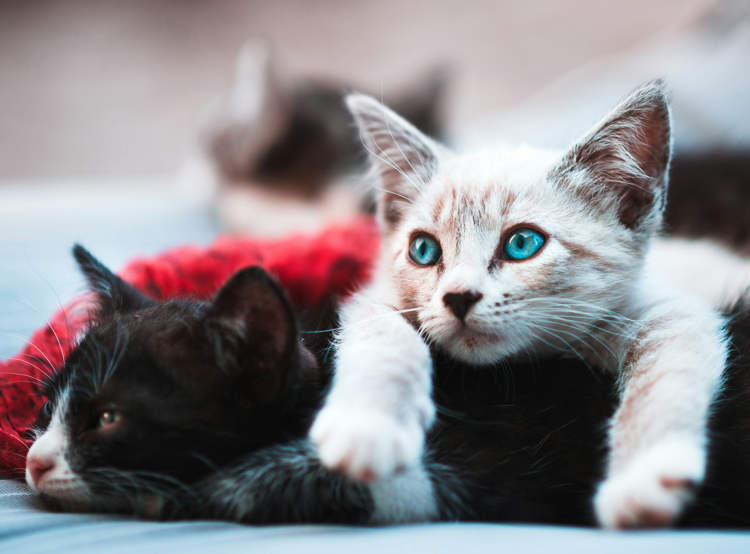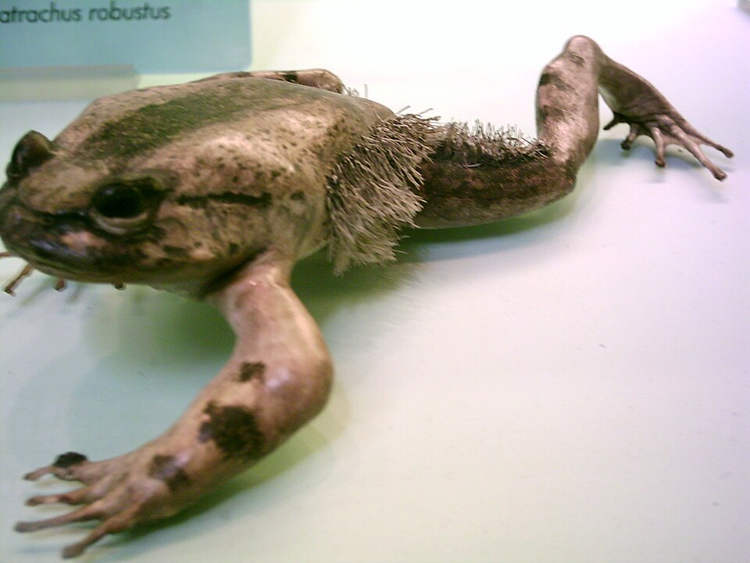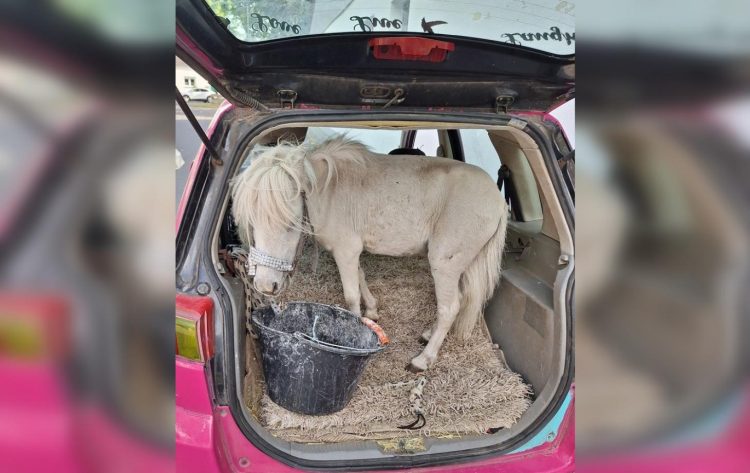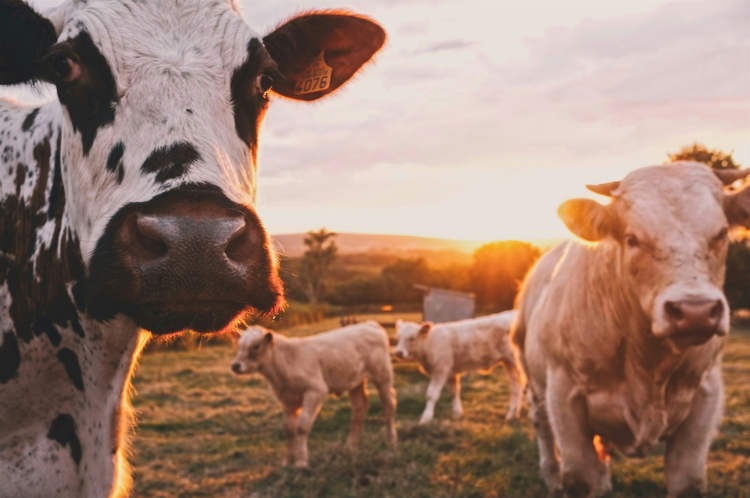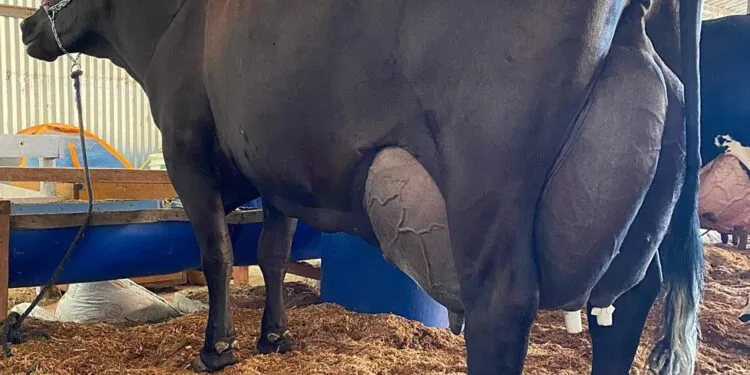Named after the Argentinian family who developed the breed in the middle of the 19th Century, Falabella is widely regarded as the world’s smallest horse breed, with an average height of just 70cm.
The origins of the Falabella breed are shouted in the mists of legend. Some say that their bloodline can be traced back to the Andalusian and Iberian breeds that the Spanish conquistadores brought with them to South America. When the Spanish were driven off, the horses were left to fend for themselves in a harsh, resource-poor environment. As a result, by the mid-19th century, smaller, inbred animals were being observed in the herds of Mapuche, in southern Buenos Aires province. It was these specimens that were specifically bred to create even smaller animals, which eventually led to the creation of the modern Falabella breed we know today.
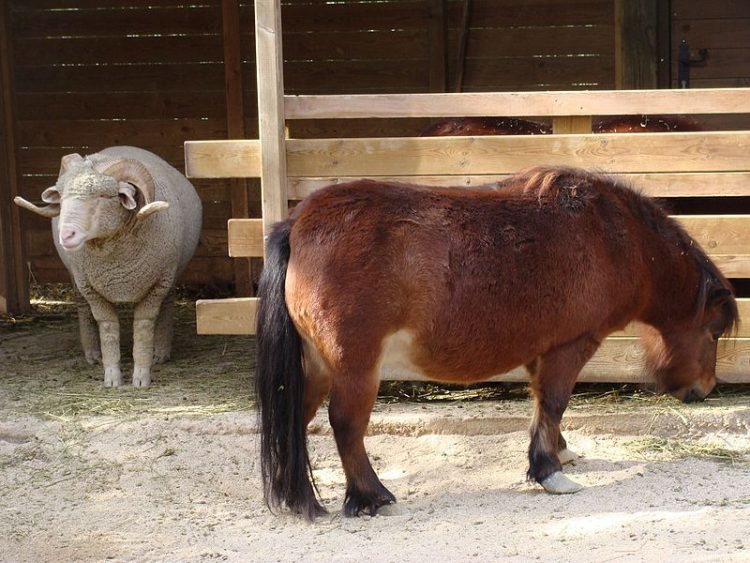
Photo: Fernando Losada Rodriguez/Wikimedia Commons
Patrick Newtall is officially credited as the man who started the Falabella breeding program in Argentina, in 1868, using local horses. When he died, the program was taken over by Newtall’s son-in-law, Juan Falabella, who added several bloodlines to the breed – including Welsh Pony, Shetland Pony and small Throroughbreads – in order to bring its size down even more.
In the 1940s, Julio C. Falabella, a descendant of Juan Falabella, worked to standardize the breed and bring its average height below 100cm, and create a formal breed registry. This increased popularity of the Falabella breed and other enthusiasts subsequently managed to bring its size down even more, to approximately 76cm (at the withers).
What makes Falabella’s so interesting is that, despite their size, they are not classified as ponies, but as miniature horses. That’s because, aside from their size, they are similar to horse breeds like Thoroughbreds or Arabs in terms of proportions, as well as their slim frame and sleek coats.
According to Falabella International, “Falabella miniature horses are true horses and not ponies, meaning that even the tiniest examples of the breed retain the structure and proportions of a full-size horse. Beyond their minute size, the Falabellas show conditions of docility, strength and capacity to adapt higher than any other kind of similar horses and even than many of their bigger relatives. Strength tests made on them show them to be extremely strong–similar to draft and saddle horses of greater size.”
Falabellas are known to be very friendly, extremely gentle and very intelligent, which makes them great pets, as well as performance animals, as they can be easily trained to pull small loads and perform tricks. They also have am an exceptionally long life span: 40-45 years.
Breeders in Argentina continue programs to bring the size of Falabellas even lower, and they have been able to produce adult specimens that stand at less than 50 cm in height (at the withers). However, it’s not all about the size! The health of the breed is paramount, and in order to obtain certain important characteristics, the height of the specimens currently needs to be over 70cm.
Although their size makes the purpose of the Falabella mostly decorative, this miniature horse has several remarkable qualities. Having lived in Argentina’s vast plains (pampas) for hundreds of years, the Falabella is extremely resilient and quickly adapts to a variety of harsh climates. Its sharp instincts also allow it to sense danger from a fair distance.
Because of their rustic heritage and their resistance, Falabella horses do not require any special care or feed.
For more unusual horse breeds, check out the Bashkir Curly, the so-called Labradoodles of horses, and the extremely resilient Yakutian horses of Siberia.

